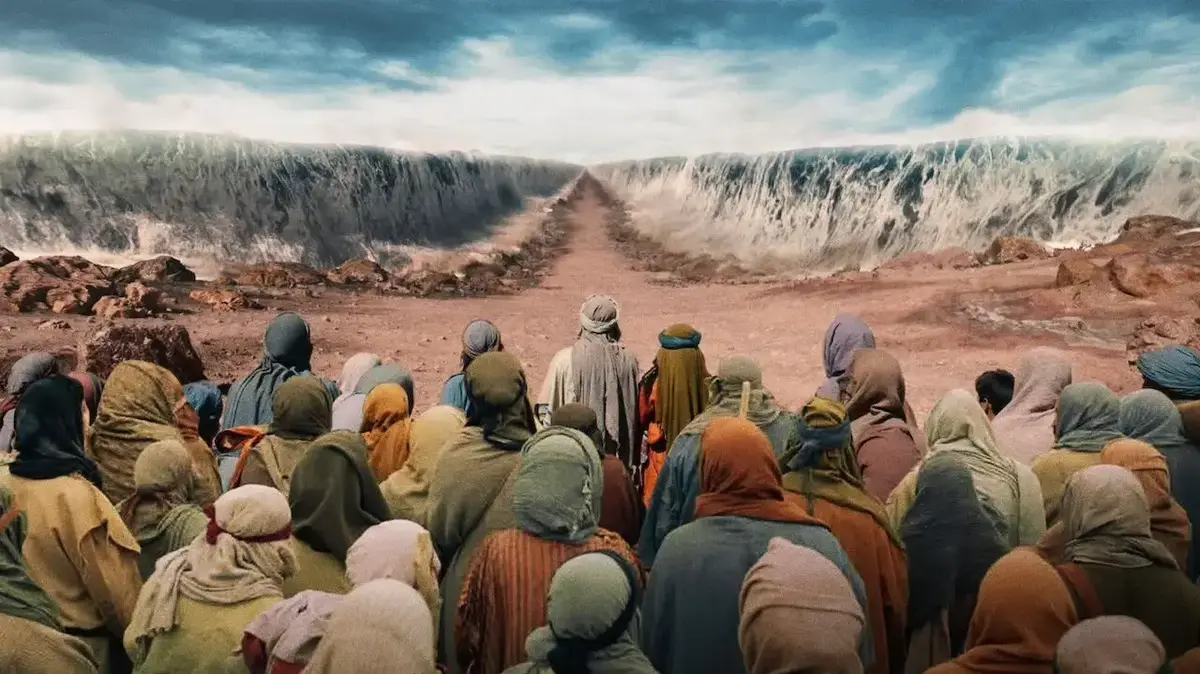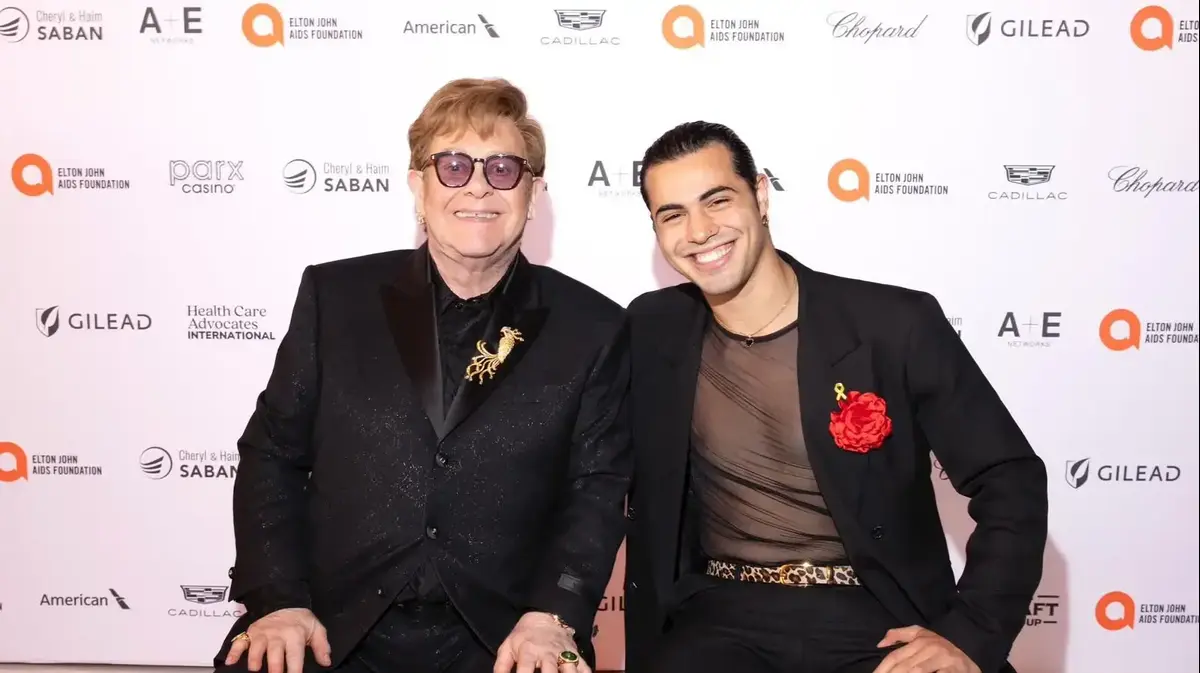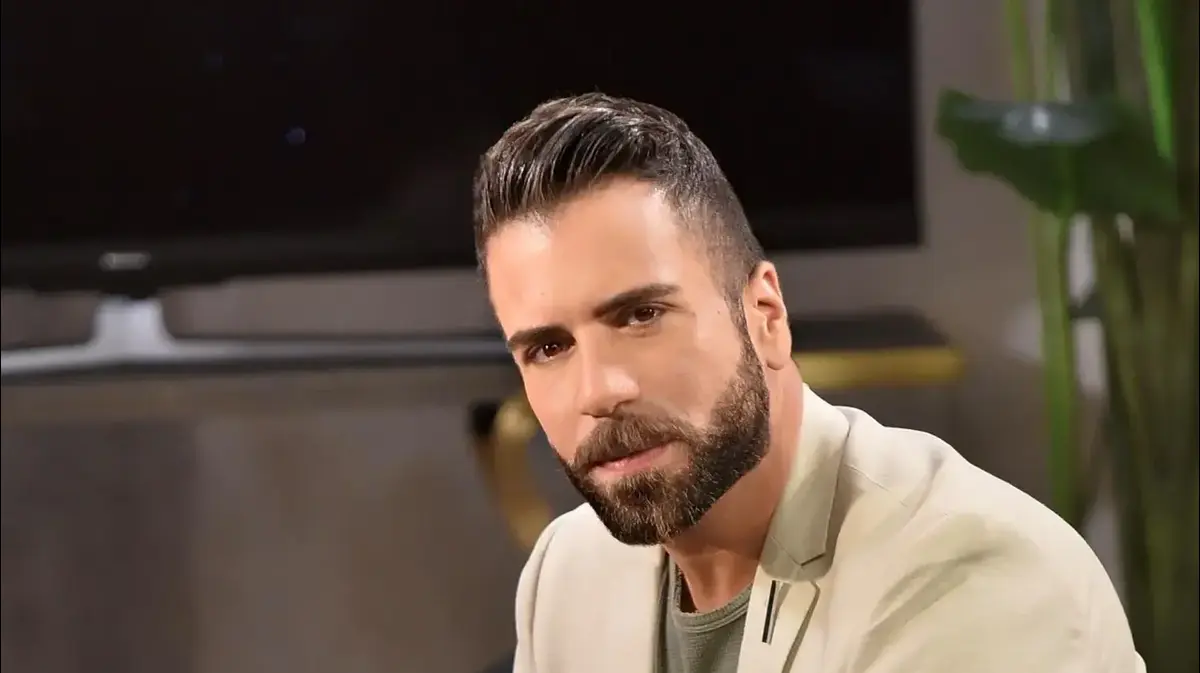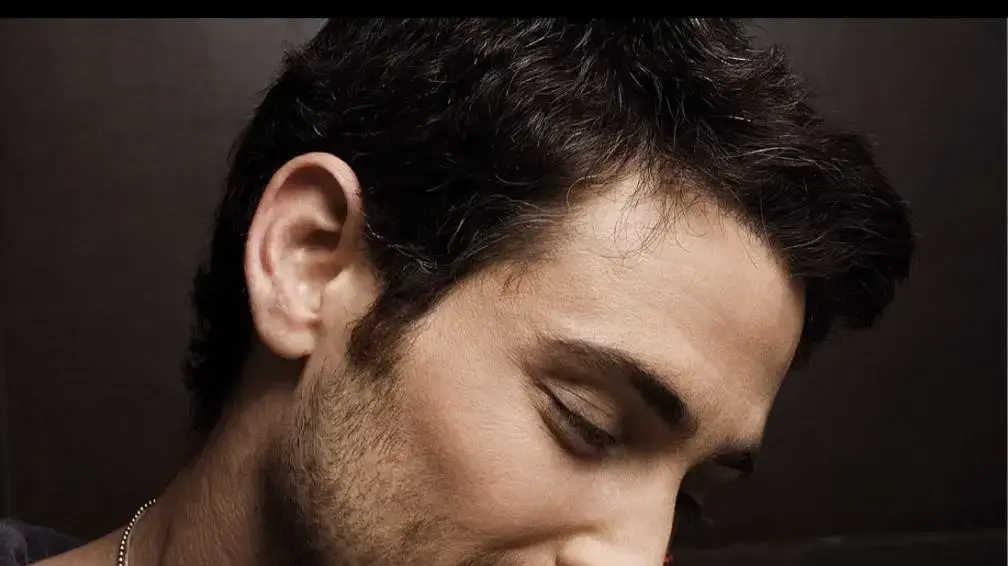culture
TV
TV review
The Redemption of the Forgotten Singer: It's hard not to get excited about the docu "Raymond Al Bidawiya"
Raymond Abacassis' impressive charisma on stage as well as in one-on-one illustrates why she has become so beloved and adored, and documenting the reactions she receives in shows or random encounters with fans - like telling the whole story.
At the same time, the film lacks one important thing
Tags
Raymond Abacus
Yael Abacis
TV review
Nadav Menuhin
Monday, 21 December 2020, 08:33
Share on Facebook
Share on WhatsApp
Share on general
Share on general
Share on Twitter
Share on Email
0 comments
From "Milk Teeth"
From the film "Children" by Ada Ushpiz
Gila Almagor paid tribute to her husband in tears: "My beloved, wait for me ...
Trailer for the third season of the "Stisel" series of yes
The motive
The operation began: Netanyahu and Edelstein were vaccinated against Corona ...
Quiz for Debbie Glickman: Who among your friends in "This Is It" said ...
Neta Barzilai
Gila Almagor paid tribute to her husband Yaakov Agmon: "It hurt him ...
Ma Rainey's Blues
Alon Ben David Targeted Elimination in Iran
Matan Yair
Excerpt from the documentary "Raymond al-Bidavia" by Yael Abacassis, about her mother Raymond Abacassis (HOT8)
In one of the scenes in the movie "Raymond Al Bidawiya", the actress Yael Abacassis turns to her mother, the singer and the subject of the movie Raymond Abacassis, and tells her that she wants to re-release her songs, so that everyone will know them.
Abacus the mother, almost 80 years old, tries to get her out of it, and explains to her that there is no chance of hearing Moroccan songs on Israeli radio.
In recent decades, one can list on one hand several songs in Moroccan Arabic that have been hits in the country (the most prominent of which is "Minhar Li Mishiti" by Shimon Buskila and the project by Idan Raichel), along with musicians who recorded successful versions of Arabic music (Dudu Tessa as the ultimate example) , Or singers who combined Arabic and Hebrew in their hits - but these are really a few that are a bit idle in the sixties, and that's largely innocence.
Songs of the Abacus type remained sweepingly out of the story.
She was there long before them, when she recorded Moroccan songs with the Azoulay brothers at the Kolipon company in Jaffa, even before the usual birth of modern oriental music in Israel.
These recordings were not played on Israeli radio - but Abacus was a big star among Moroccans in Israel, and later also in Morocco itself, where she was born and raised.
More on Walla!
NEWS
Life gives lemons: we did not expect such a punch in the stomach from the opening episode of "Stisl"
To the full article
A complex psychological portrait.
Raymond Abacus from "Raymond Al Bidawiya" (HOT8 screenshot)
Outside the Moroccan community, Abacus is less well known, and it is likely that young Israelis know her as an actress ("The Mangalists", "Hata Yasbach Sabah", "The Boys") or as the mother of Yael Abacis, also an icon of Israeli culture.
If they hear her voice on the radio, it is almost certainly from one of her few recordings in Hebrew - the duet with Hava Alberstein "How are you sister", created by Naomi Shemer, in a kind of unconventional musical peak.
That may change thanks to the movie "Raymond Al Bidawiya" which aired yesterday on HOT8, directed by Yael Abacis.
The daughter took the mother on a personal journey on three continents, in the Ashdod-Casablanca-Paris triangle, which includes performances, conversations in the kitchen, and especially travel.
The film moves on two axes: the career - the beginning, the success, the shows and the immense love between her and the audience;
And the family, in the face of her children's criticism of her functioning as a mother.
It's hard not to get excited about the character at the center of the story.
The impressive charisma on stage and also in one-on-one illustrates why Abacus has become so beloved and adored, and documenting the reactions she receives in shows or random encounters with fans - like telling the whole story.
From these was built a portrait of a man who lives on stage and is addicted to it, of one whose music is his whole world.
At the same time, the film also manages to portray a complex psychological portrait.
Abacus testifies to her need to escape from parts of her personality, to her continual attempt to get better, as well as to her difficulty in dealing with some of the mistakes and correcting them.
The film sharply depicts the gap between the one who gave her all on stage, and the one who could not give her children everything they needed.
More on Walla!
NEWS
The chilling moment when a beloved musician plays a great song for the first time
To the full article
Its lack as a narrator is noticeable.
Yael Abacassis, from "Raymond Al Bidawiya" (HOT8 screenshot)
Alongside this, mainly because the film is based almost exclusively on the monologues of the mother, missing in the puzzle of her life, shown in the film, many necessary parts to complete a full documentary biography - names, dates, additional working souls, album titles and films, for example.
There are also almost no other interviewees or authority figures who will shed additional light from a variety of angles on the implications of Abacus' impressive career.
If so, it is clear that Yael Abacis, in coming to direct the film, wanted him to touch on the personal-family space no less than on the musical-careerist.
Precisely for this reason the lack of the daughter Abacus is felt as a narrator.
Although she is present in the film in front of the camera and behind her, as her mother's interviewer, she hardly uses her voice to frame or reflect on the plot, which I think would have given the film an important layer, both in its structure and content.
Either way, there is something symbolic at the time of the screening of the film, close to the announcement of normalization of relations between Israel and Morocco.
After all, there was cultural normalization, and many Israelis went on trips to the country, and now diplomatic relations will also become official.
Thus, while Rabat and Jerusalem will officially get to know each other, perhaps thanks to "Raymond al-Bidavia", Raymond Abacus will also receive the recognition she deserves.
If there is justice in the world, she will be invited to sing at the signing ceremony.
Share on Facebook
Share on WhatsApp
Share on general
Share on general
Share on Twitter
Share on Email
0 comments















